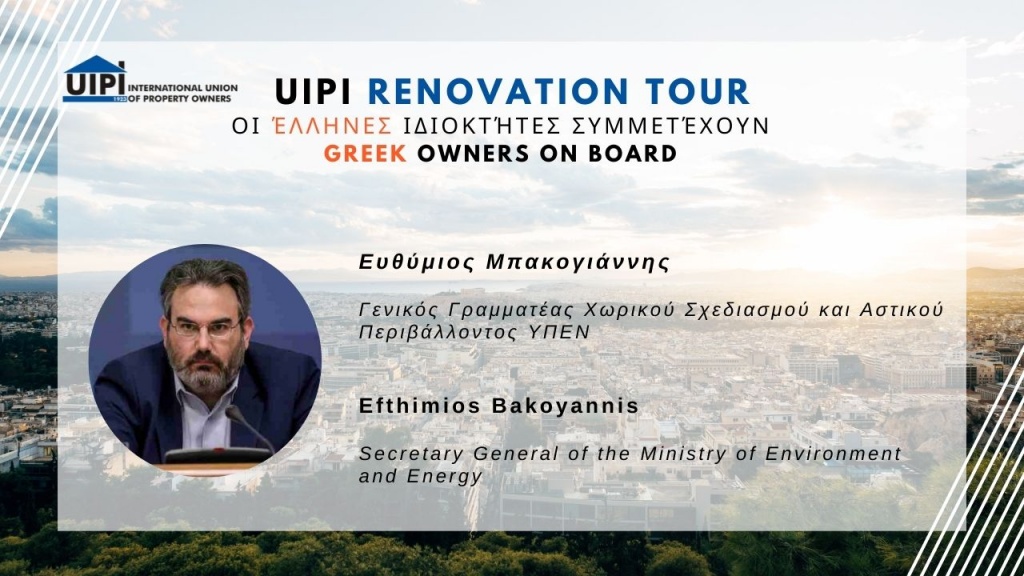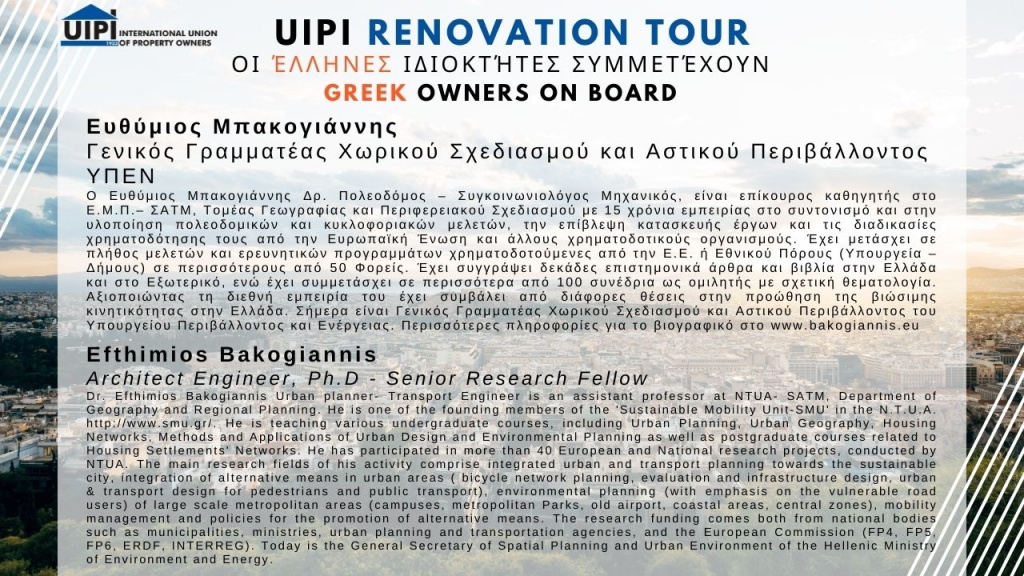UIPI undertakes to promote Residential Energy Communities in Europe
If 2020 has taught us something, it is the importance of taking care of our homes and our immediate neighbourhoods. We have felt the necessity to get ourselves involved in close social activities and to have a solid local community to rely on, but we have also stopped and realised the urgency of preserving the environment.
In this context, it is important to come up with collective long-term solutions to tackle the problems that concern us, like the energy transition. What if we could get together with our neighbours to manage, produce and share our own renewable energy? That is the aim of energy communities.
These entities not only foster the use of renewable energy sources, but also help the consumers, now prosumers, to save money in the energy bill. Furthermore, the economic benefits produced can revert in social and economic benefits for that community, as the excess energy can be sold to neighbours or back to the grid. At a broader level, these initiatives help to create local employment and can even lead to a potential investment in buildings’ energy efficiency, as long as municipalities and local authorities get involved and also see their savings grow thanks to the reduction of energy costs.
Sharing and cooperation are two other great lessons we learned from the situation generated by the pandemic that we are still facing. Energy communities aim at involving as many people as possible and integrating them, regardless of their socio-economic circumstances, which has a potential role also in tackling energy poverty and in encouraging energy justice.
But perhaps the most defining feature of energy communities is how they foster people’s implication in decision-making processes, by guaranteeing their effective control by citizens, local authorities and businesses not primarily devoted to the energy sector. Recent data from the European Commission’s Joint Research Centre (JRC) show that citizen participation in decision-making and financial processes and/or ownership rights of renewables investments are the main benefits pointed out by energy communities participants.

Energy communities also have an important role in improving the acknowledgement of energy efficiency standards among consumers at local and regional level. Now more than ever, as we pursue a more sustainable and healthier way of life, starting with our own homes. These entities can be considered as a model for the citizens’ approach to renovating the building stock, which complies with the European Commission’s climate neutrality goals established in the European Green Deal and the Renovation Wave Strategy.
Given the importance that these entities will have in the energy transition, UIPI joins NRG2peers, devoted to boost residential energy communities and to integrate a higher share of renewable energy. The project aims at supporting a next generation of European peer-to-peer energy communities through a new gamified platform. It will gather knowledge, experiences and lessons learned in order to become an attractive and reliable tool both for the customers and the market, towards the development of more sustainable and financially viable schemes for individual homeowners.
Thanks to the Competence Centre that the project will establish in Brussels, managed by UIPI together with Housing Europe, it will be possible to find and exchange all the information and experience gathered through NRG2peers platform. This initiative will bring together highly qualified experts and professionals, but also policy makers, housing and energy providers, homeowners and consumers, thus allowing a market-focused and holistic approach to the topic.
Coordinated by Huygen Ingenieurs & Adviseurs (HIA) in the Netherlands, and financed under the EU Horizon 2020 Programme, the project will take place until August 2023.



